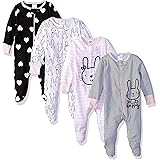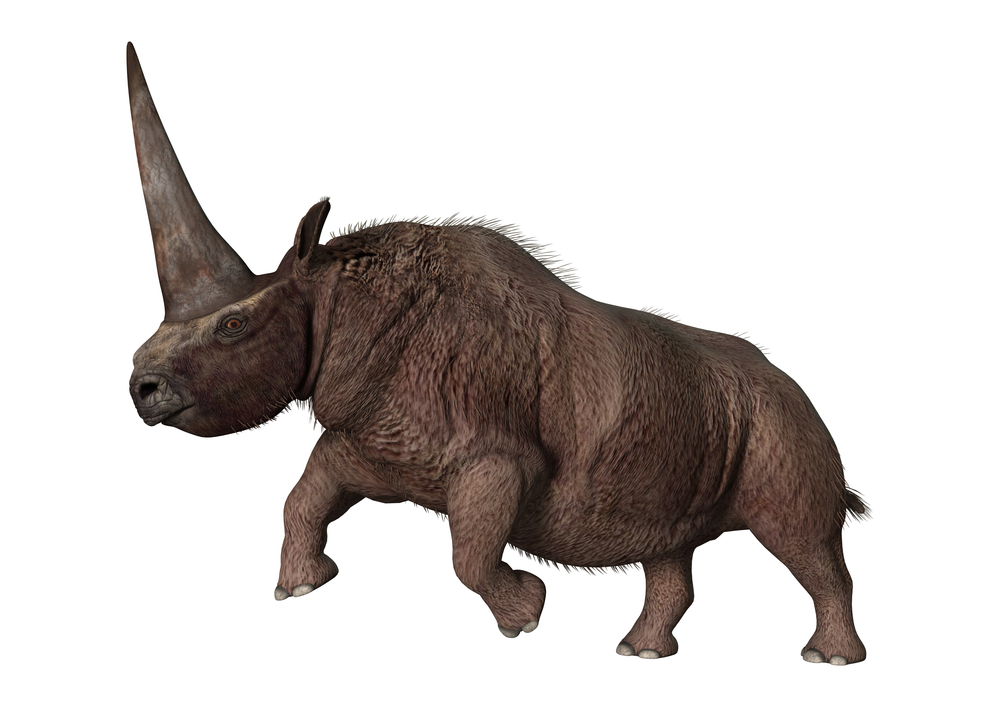According to the British daily The Guardian, research has provided evidence that a mother with virus-neutralizing antibodies transmits her acquired immunity to her infant.
The researchers believe that these antibodies can also be used to treat adults with severe pulmonary disease caused by the SARS-CoV-
88 per cent of the samples had neutralizing antibodies
Antibodies excreted in breast milk after covid are different from the immunoglobulin G (IgG) that the body produces after inoculation – although a certain amount of IgG enters the milk.
Researchers have found in the breast milk of women after covide mainly secretory immunoglobulin A (ScIgA), which adheres to the tissue of the child’s respiratory and digestive system and thus protects it from the virus. )
Although previous research has confirmed the presence of antibodies to coronavirus in breast milk, it has not yet been clear whether they are able to neutralize the virus and how long the mother excretes them.
Dr. Rebecca Powell and colleagues at Mount Sinai Hospital in New York milk spores from 75 women who have overcome covid.
They found that 88 percent of them contained antibodies, most of which were able to neutralize the coronavirus and thus prevent infection. )
Secretory immunoglobulin A could also be extracted from milk and used to treat adults with severe disease, Powell believes.
The mucous membranes, which are also found in the airways, are the natural environment for secretory IgA. “They live and work very well there,” Powell said.
Antibodies could be ingested by a patient, for example through an inhaler, Powell suggested, adding that “this treatment could be very effective at a time when the person is very ill but still is not in a condition (when she must be admitted to the intensive care unit). “
They compared the effect of vaccines on antibodies in milk
Powell’s team also compared three different vaccines and their effect on the amount of anti-peptide antibodies in milk. All participants in the study vaccinated with Moderna had IgG in their milk and 71 percent of them had IgA.
After Pfizer, 71 percent of women had IgG and 51 percent had IgA. Following the Johnson & Johnson (J&J) single-dose vaccine, 38 percent of patients had IgG antibodies and only 23 percent had IgA
“We know that the level of antibodies after RNA vaccines is extremely high compared to other vaccines. You do not necessarily need as many antibodies to protect against infection, but the effectiveness of milk depends on their high levels in the blood from which they are transferred to milk. The vaccine produces fewer antibodies, so fewer have gotten into the milk, “Powell explained.
Note: This article have been indexed to our site. We do not claim ownership or copyright of any of the content above. To see the article at original source Click Here













